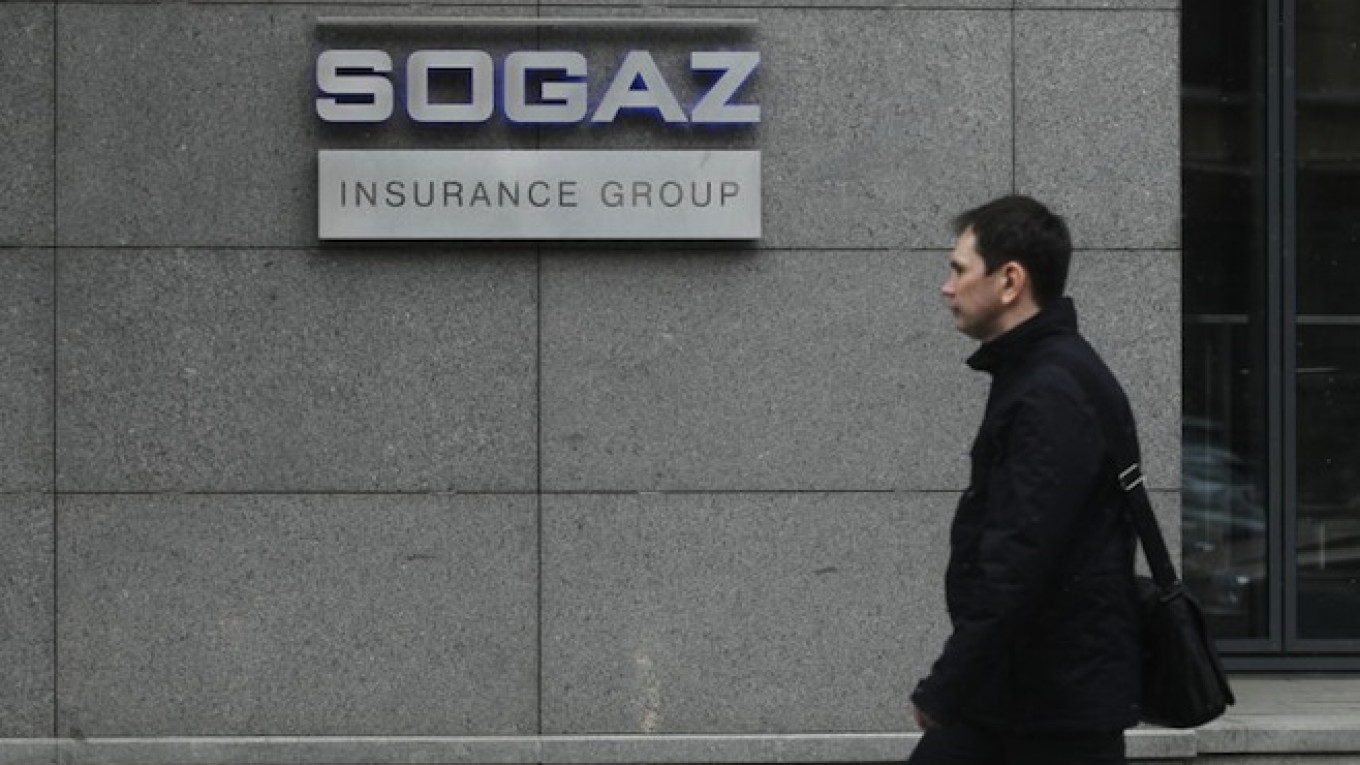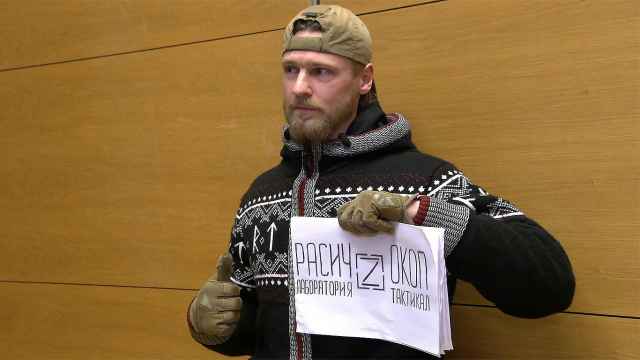Insurer Sogaz could be sanctioned by the U.S. after Washington rejigged the rules of its sanctions program to mean that companies even partly owned by targeted individuals can be blacklisted.
The Treasury Department, which is responsible for applying and enforcing U.S. sanctions, has had the power to blacklist any company in which a U.S.-sanctioned individual owned at least a 50 percent stake.
But under the new rule announced on Wednesday by the Treasury, companies could see their assets frozen and be prevented from doing business in the U.S. if the aggregate ownership stakes of all individuals sanctioned by the U.S. government reached the 50 percent threshold.
Douglas Jacobson, a lawyer in Washington who specializes in trade and sanctions, said the amendment "represents a significant change" that would force firms to re-evaluate which entities could be blocked under U.S. law.
Any company owned by at least two of the three U.S.-sanctioned Russian billionaires, Gennady Timchenko and Boris and Arkady Rotenberg, for example, could be blacklisted even if each stakeholder only had a 25 percent interest.
The United States added the three men, who are close to Russian President Vladimir Putin, to its sanctions list in March after Russia rushed to consolidate its annexation of Ukraine's Crimea region.
Sogaz, one of Russia's biggest insurers, is more than 50 percent owned by Timchenko's Volga Gtoup and Bank Rossiya, which has also been blacklisted by the U.S. together with its major shareholder Yuri Kovalchuk. As such, Sogaz is liable to be targeted, Bloomberg said Thursday.
U.S. sanctions were expanded to include Russian banks and energy and defense companies in recent months, as part of an effort to punish Russia for what the United States and other Western nations view as its role in fueling a separatist rebellion in eastern Ukraine.
Material from the Moscow Times was used in this report.
See also:
U.S. Oil Services Firm Schlumberger Says Russia Sanctions to Hit Earnings
A Message from The Moscow Times:
Dear readers,
We are facing unprecedented challenges. Russia's Prosecutor General's Office has designated The Moscow Times as an "undesirable" organization, criminalizing our work and putting our staff at risk of prosecution. This follows our earlier unjust labeling as a "foreign agent."
These actions are direct attempts to silence independent journalism in Russia. The authorities claim our work "discredits the decisions of the Russian leadership." We see things differently: we strive to provide accurate, unbiased reporting on Russia.
We, the journalists of The Moscow Times, refuse to be silenced. But to continue our work, we need your help.
Your support, no matter how small, makes a world of difference. If you can, please support us monthly starting from just $2. It's quick to set up, and every contribution makes a significant impact.
By supporting The Moscow Times, you're defending open, independent journalism in the face of repression. Thank you for standing with us.
Remind me later.






